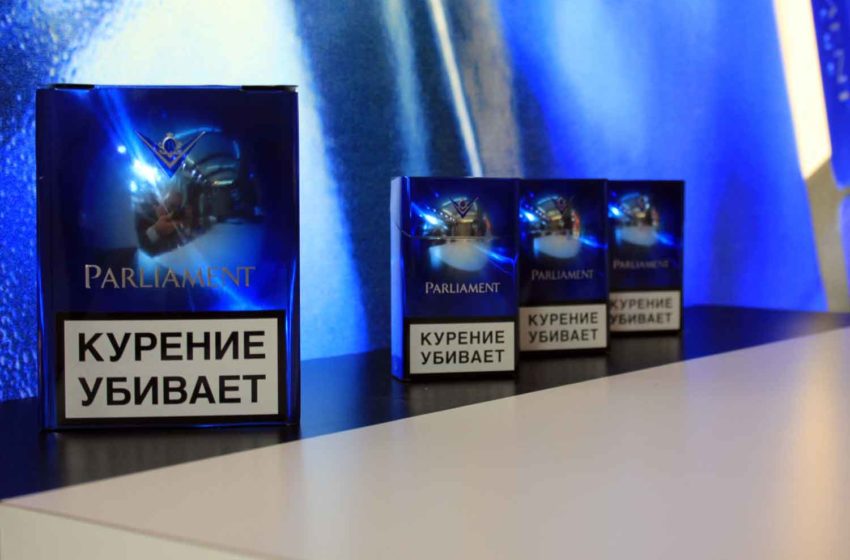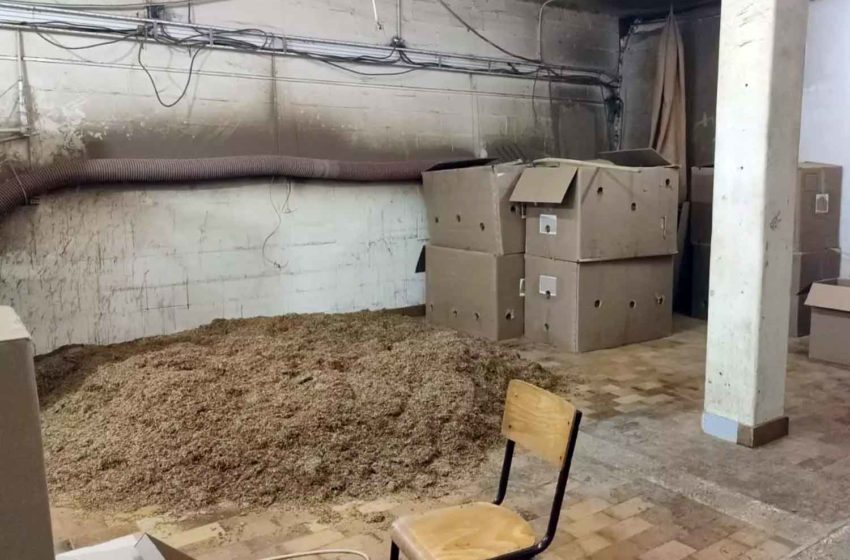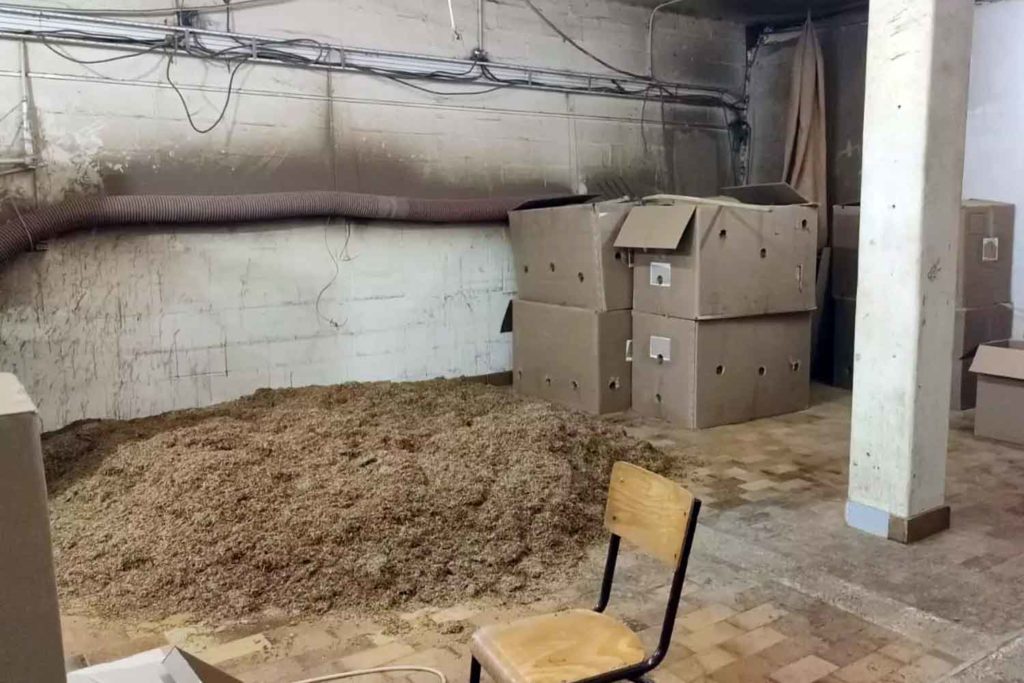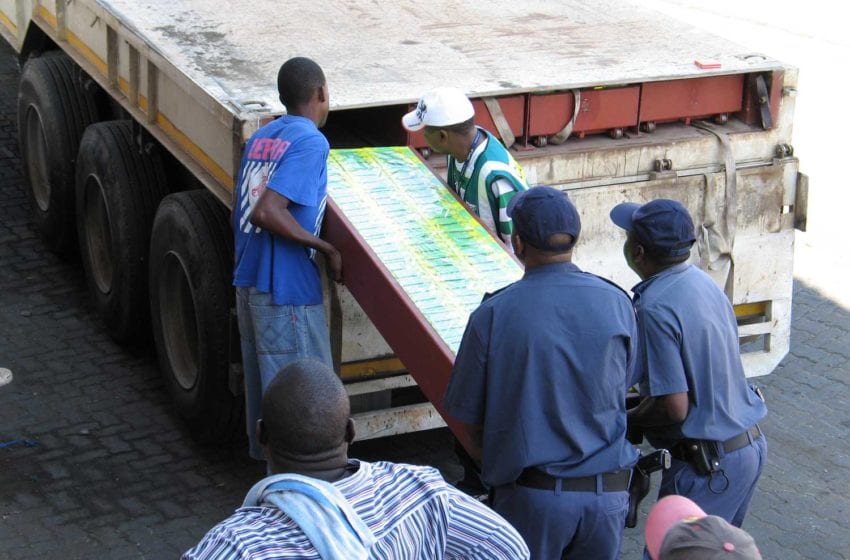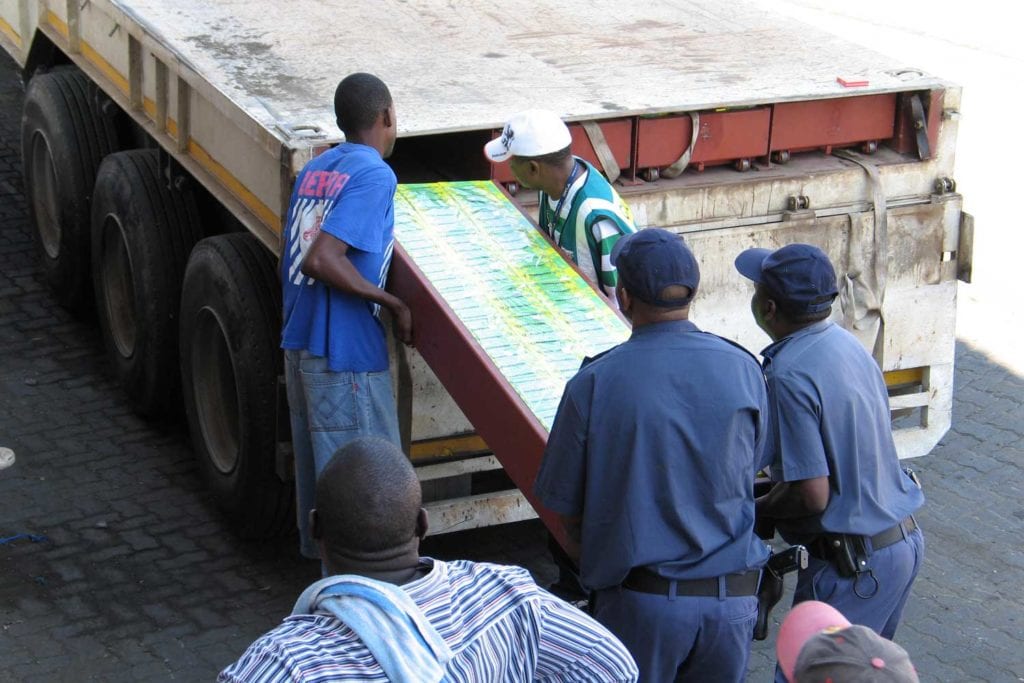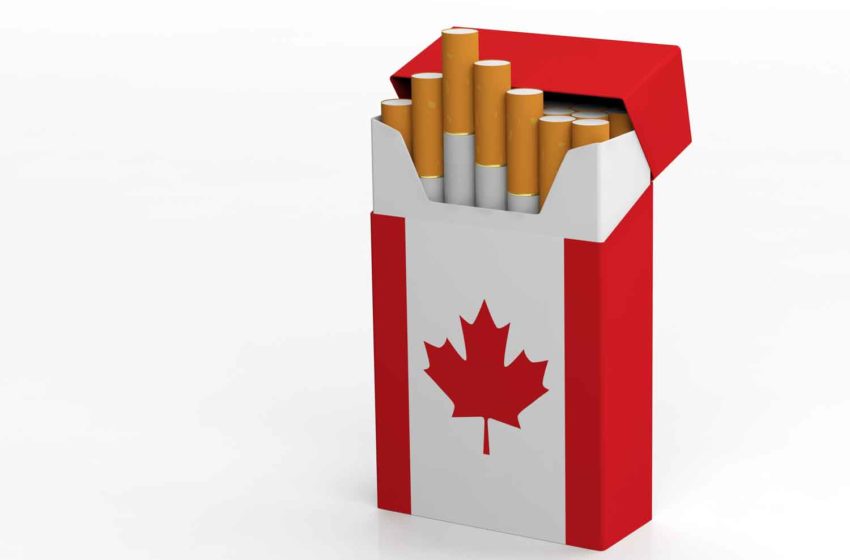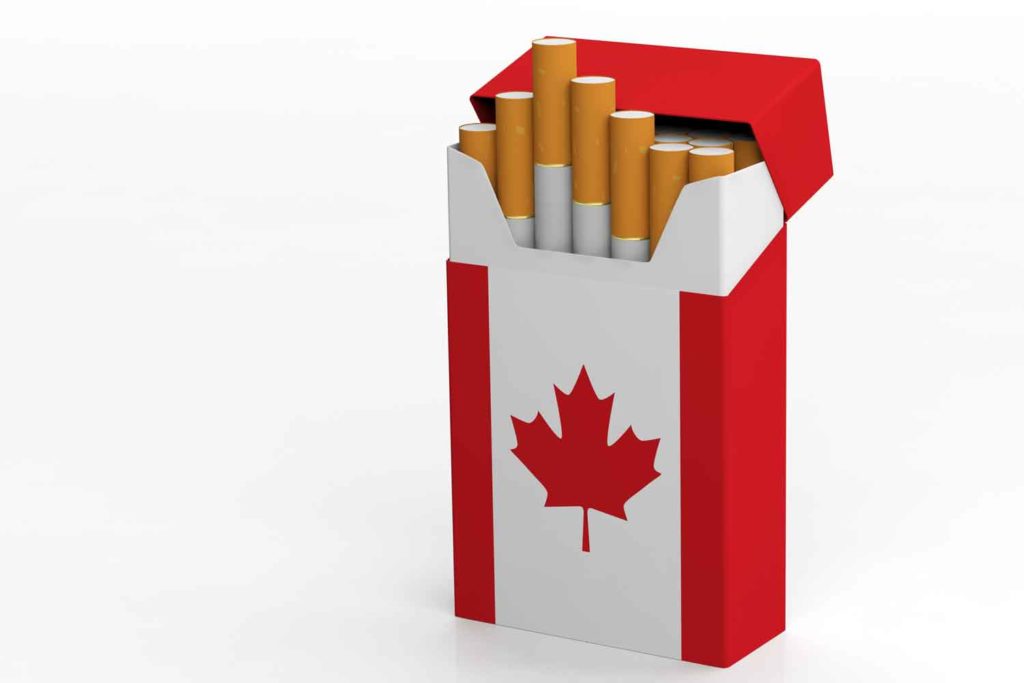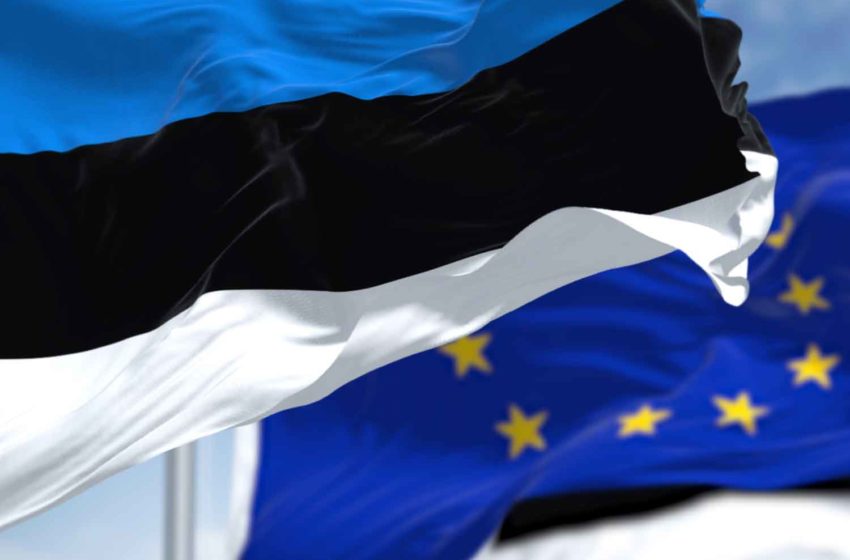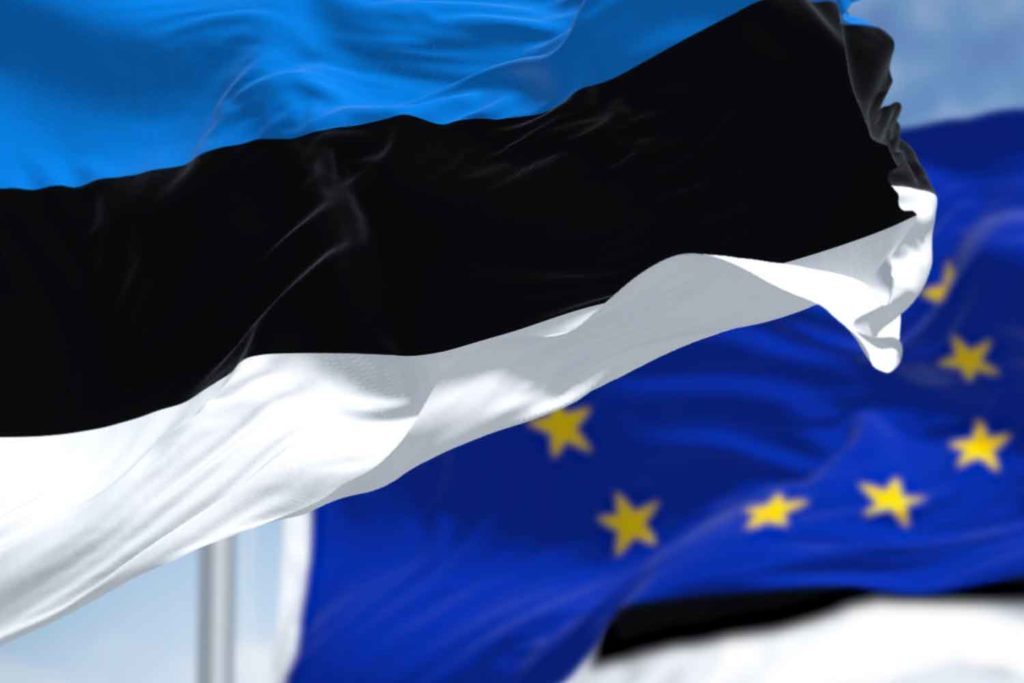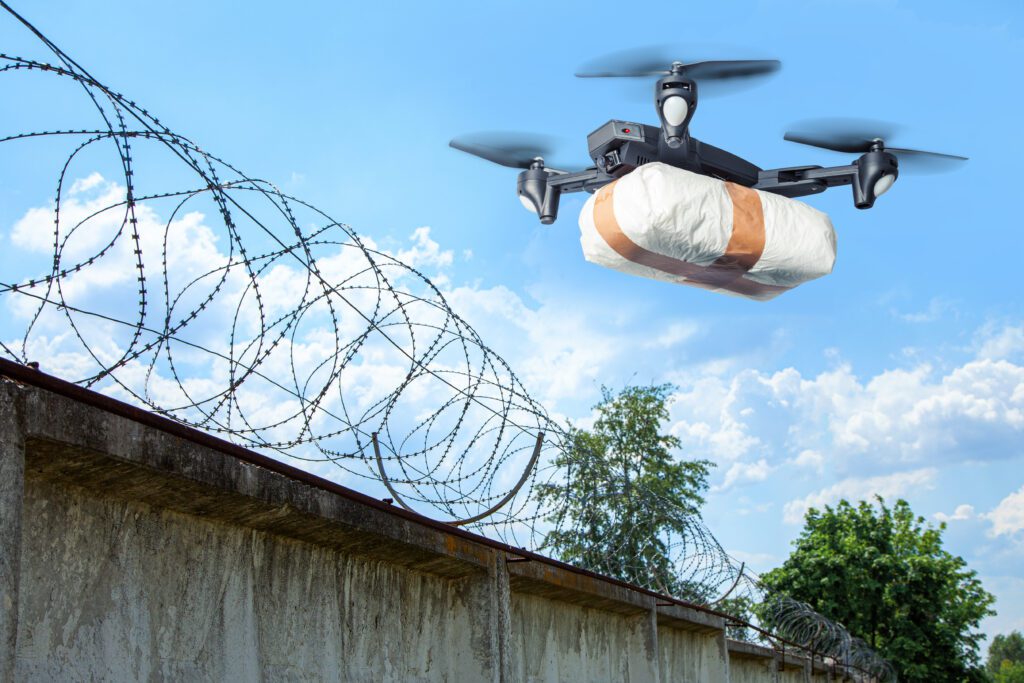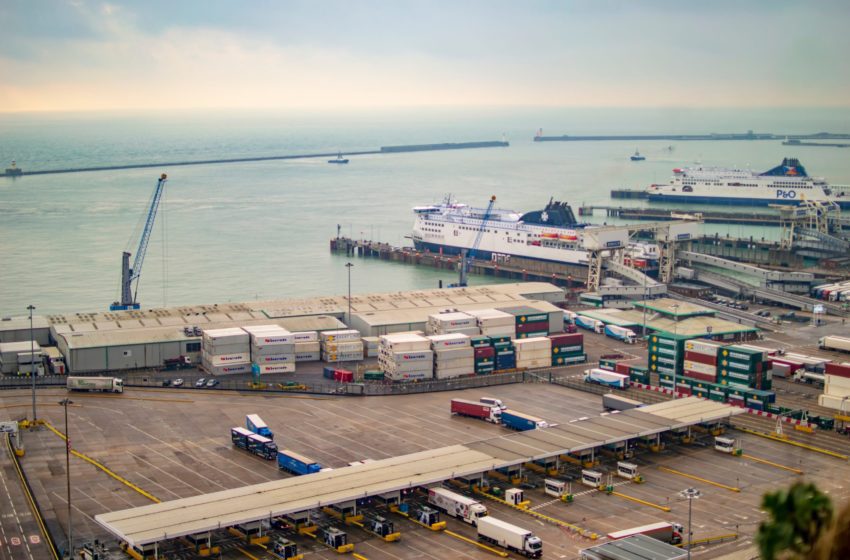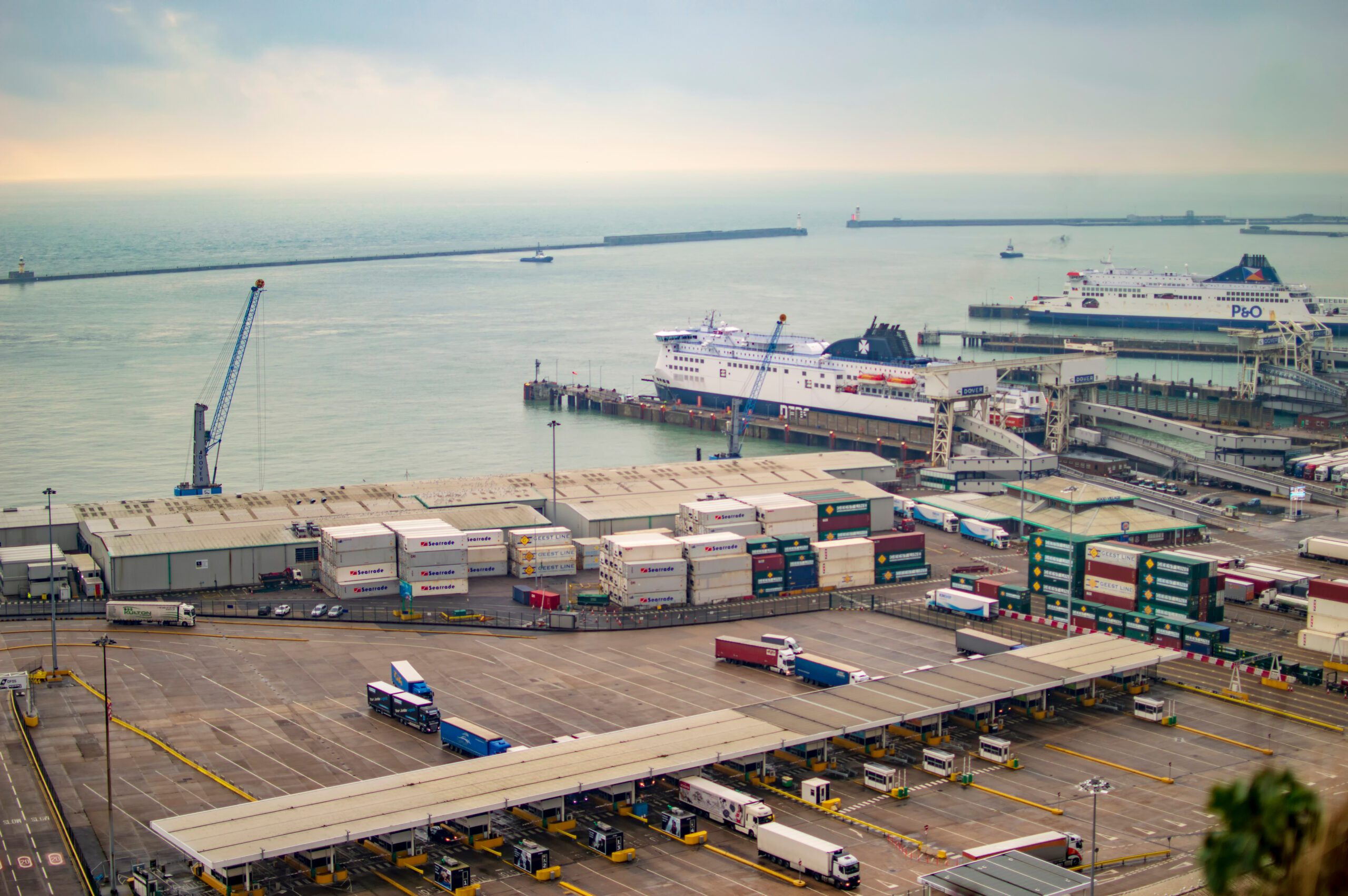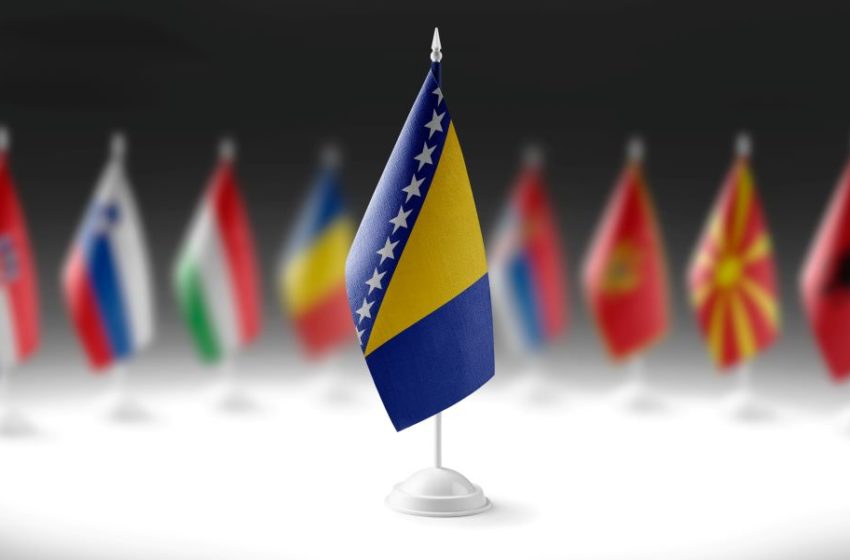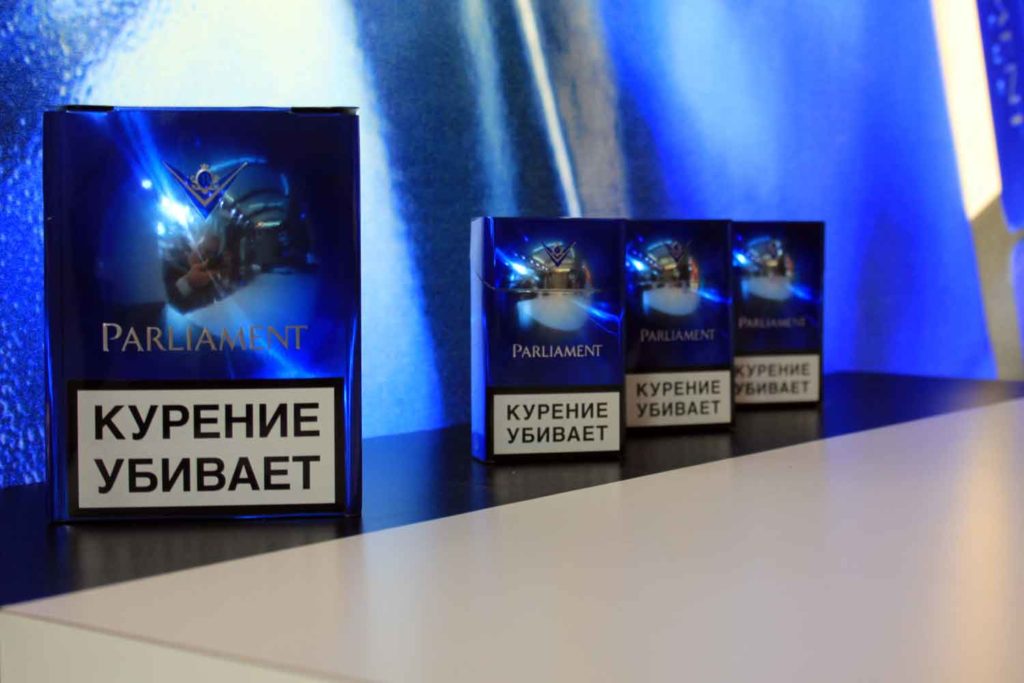
Commercial holograms will maintain robust growth in 2023 despite the global challenges, according to the International Hologram Manufacturers Association (IHMA), which marks its 30th anniversary this year.
Authentication and track-and-trace systems featuring holograms will continue to help to underpin international efforts by government and law enforcement agencies to bolster overt and covert protection strategies in the next 12 months, said IHMA chair Paul Dunn.
“Counterfeiting is and will remain a massive global threat, continually placing governments, brands and the public at risk—and will continue to be tackled effectively to minimize the impact on society. Despite the economic, social and global supply chain challenges, we expect to see [growth] in 2023 with countries enhancing and bringing forward their anti-counterfeiting plans, which feature holograms,” he said.
“These holograms will become even more integrated with other technologies to create intuitive brand engagement programs while, simultaneously, authentication through scanning a QR code on the label acts as a secondary product verification method. This provides a simple unified platform for brands to interact and engage with their customers.”
Dunn also sees the hologram on labeling continuing to become part of a wider function to track a product throughout its lifecycle and post-life cycle in 2023. This combination of authentication and tracking, he says, will give brand owners complete visibility and control from sourcing raw materials through to recycling.
This year will also see continued growth in high security print applications as, increasingly, holography origination capabilities are brought in-house. This cuts the innovation cycle and enables printers to get their technologies specified for new banknote work.
Sustainability will also be one of the key themes of the next 12 months with manufacturers developing strategies to cut their carbon footprints as part of their corporate responsibility strategies. “The IHMA will be leading efforts through its Sustainability Working Group to encourage best practice by sharing information and showcasing companywide initiatives,” Dunn said.

